Low income
Dr. Vo Duc Hieu, Deputy Director of Ho Chi Minh City Oncology Hospital, said that the hospital currently has 784 nurses (as of the end of May 2025). With a scale of 1,300 inpatient beds (facility 2 in Thu Duc City has 1,200 beds; facility 1 in Binh Thanh District has 100 beds), the hospital is still short of 32 nurses according to the job position project.
“As a tertiary hospital in the southern region, we have been trying to recruit new nurses in recent times, so we are not lacking many. However, finding candidates with high professional qualifications is a difficult problem because there is no recruitment source. The nursing staff graduating from medical schools in the city mainly choose hospitals located in the center, convenient for traveling,” shared Dr. Vo Duc Hieu.
Regarding the nursing shortage at the unit, Dr. Le Anh Tuan, Deputy Head of the Department, in charge of management and operation of the General Planning Department, People's Hospital 115, said that the hospital currently has nearly 800 nurses/1,600 inpatient beds, and is still short of about 20 staff. Although the hospital is continuously recruiting nurses, it has not yet recruited the desired number.
There are many reasons, including, according to the regulations and roadmap of the Ministry of Health , intermediate and college nurses are facing difficulties when they have to study to improve their qualifications to university level to be classified as civil servants. The hospital has completed the conversion of all intermediate nurses to college and university level in the past time. The hospital also supports the cost of advanced study for nurses to retain this human resource.
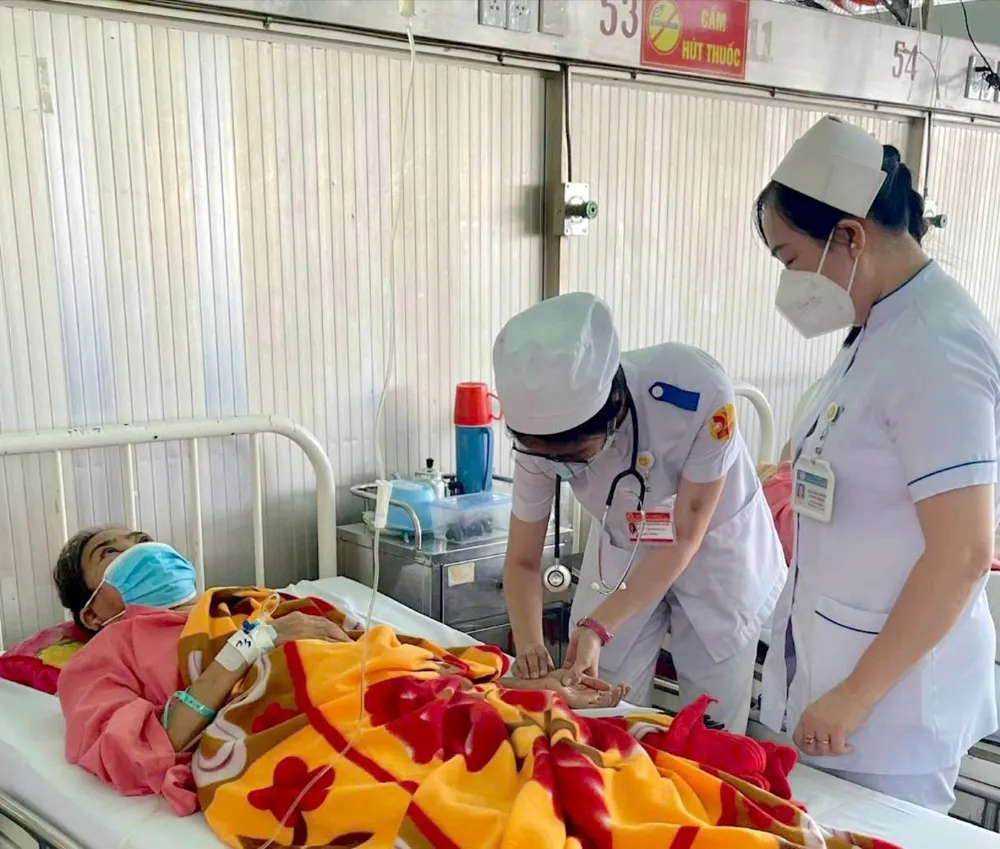
According to MSc - Nurse Lu Mong Thuy Linh, Deputy Head of the Medical Affairs Department, Ho Chi Minh City Department of Health , the city is currently ranked 100th among countries in the world with a ratio of 37.15 nurses/10,000 people. Of which, about 7% of newly hired nurses have a salary of less than 5 million VND/month; nurses with a starting salary of 6-10 million VND/month account for 65%; nurses with a salary of 10-15 million VND/month account for about 25.9%.
In addition, in the city there are 6 universities that offer nursing training, with an average tuition fee of 42-87 million VND/year. With 4 years of study, students have to pay an average of 5-10 million VND/month, which is equal to the salary of a new nurse working in a hospital. A part of the graduating nurses will work in other provinces.
"Quenching" nursing thirst
Dr. Tran Thi Chau, Vice President of the Vietnam Nursing Association, President of the Ho Chi Minh City Nursing Association, noted that Vietnam in general, and Ho Chi Minh City in particular, is aging the fastest in Asia. Therefore, the demand for nursing human resources is very large. The shortage of nursing human resources is an urgent problem and requires specific solutions, especially policies to support tuition fees for nursing students, support training costs, improve capacity and skills for working nurses so that they can improve their qualifications to CK1, CK2, etc.
Hospitals need to continue to create conditions for the nursing team to develop comprehensively by promoting continuous training programs, improving safe and friendly working environments, and implementing activities to support mental health...
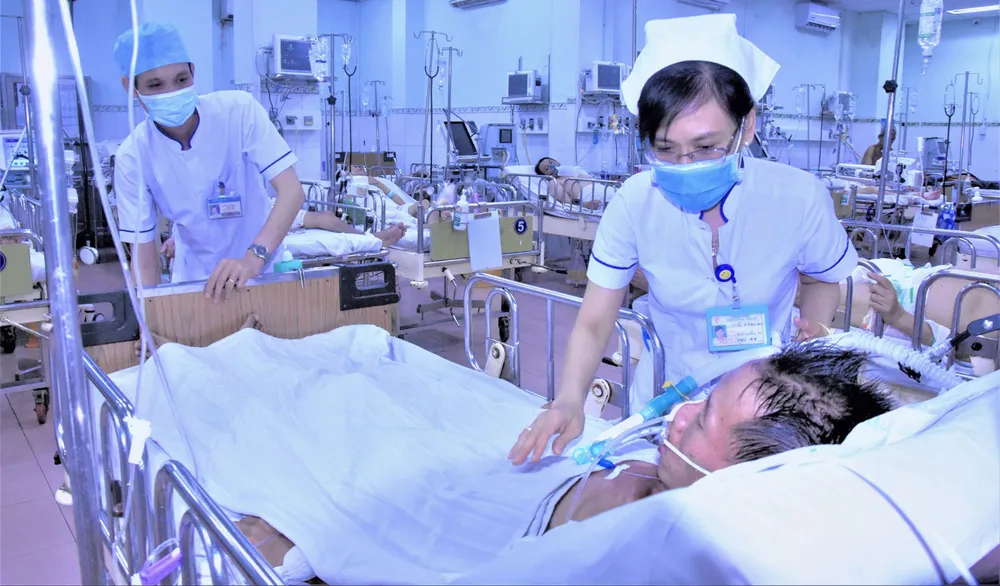
Associate Professor, Dr. Le Dinh Thanh, Director of Thong Nhat Hospital, said that recently the hospital has organized 6-month training courses to issue practice certificates for newly graduated nurses to learn clinical practice. After each course, the hospital selects the best students who wish to work at the hospital. However, the city needs to implement nursing assistant and dental assistant models to support nurses in patient care; have policies to attract and financially support nursing students to encourage them to pursue the profession.
Also offering a solution to attract nursing human resources, Dr. Dang Le Nhu Nguyet, Head of the Personnel Organization Department, Ho Chi Minh City Children's Hospital, said that new graduates without a practice certificate or diploma were accepted by the hospital as nursing assistants and were trained for 2 months in pediatric nursing specialties for free.
After graduating, students will have a 2-month probation period. If they meet the recruitment criteria, they will receive an initial support of 10 million VND and receive a 3P salary (salary is determined based on 3 main factors: job position, personal capacity and work performance). The hospital is the first public health unit in the city to pay salaries to employees in the form of 3P to attract resources, including nursing resources that are in short supply.
According to the Ho Chi Minh City Department of Health, with the goal of improving the quality of patient care and solving the shortage of human resources, the city needs to add about 17,000 nurses in the next 5 years.
According to statistics from the World Health Organization, for every 1 doctor, there are 3-4 nurses, even in Japan, there are 9-10 nurses for every 1 doctor, while in Vietnam, there are less than 2 nurses for every 1 doctor. The World Health Organization warns that if there is no increased investment in nursing training, by 2030, the Vietnamese health sector may face a shortage of 40,000-50,000 nurses.
Source: https://www.sggp.org.vn/benh-vien-kho-tuyen-dieu-duong-post800873.html





![[Photo] National Assembly Chairman Tran Thanh Man attends the inauguration ceremony of the Memorial Site of National Assembly Standing Committee Chairman Bui Bang Doan](https://vphoto.vietnam.vn/thumb/1200x675/vietnam/resource/IMAGE/2025/9/28/6feba23492d14b03b05445dd9f1dba88)



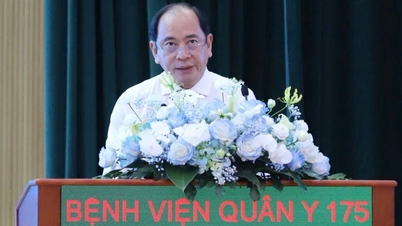








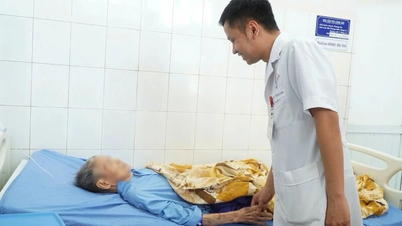


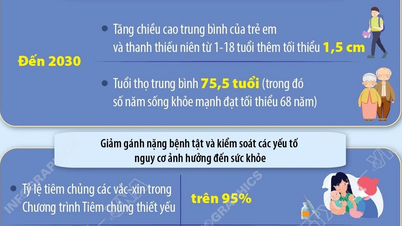









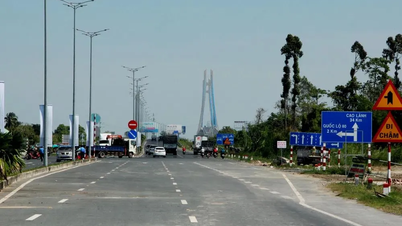
































































Comment (0)